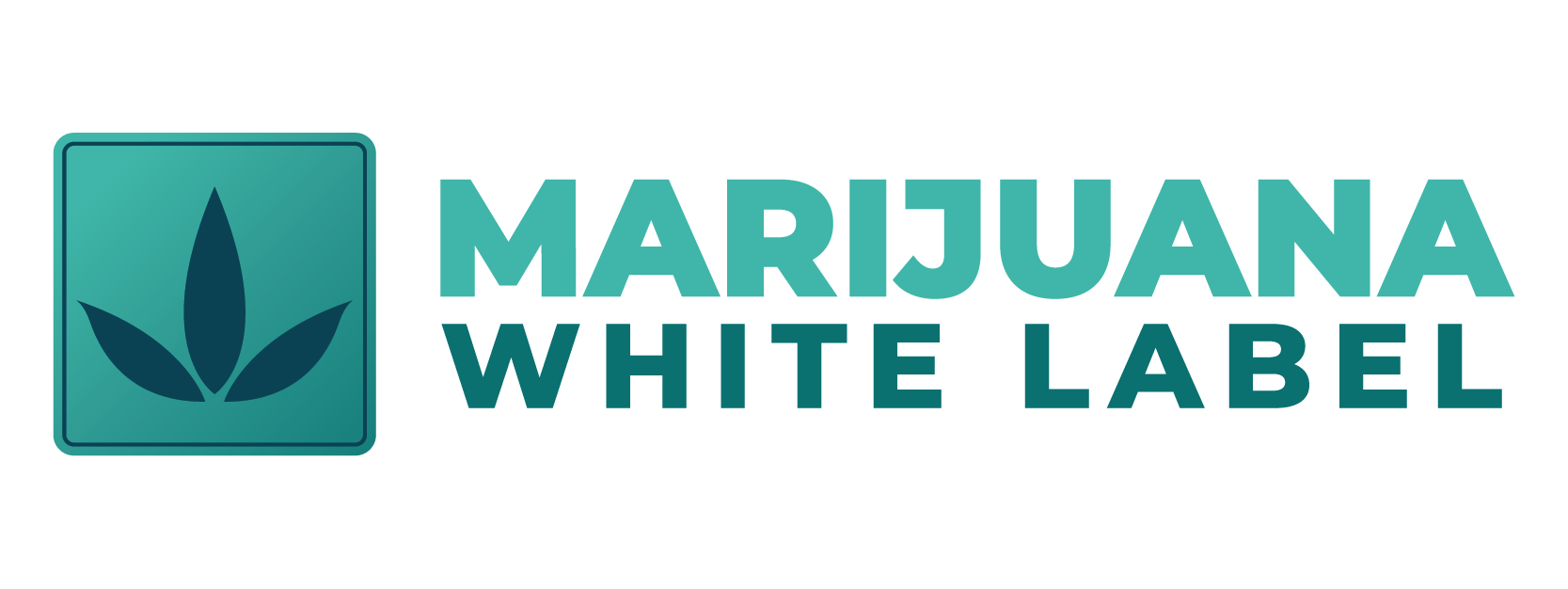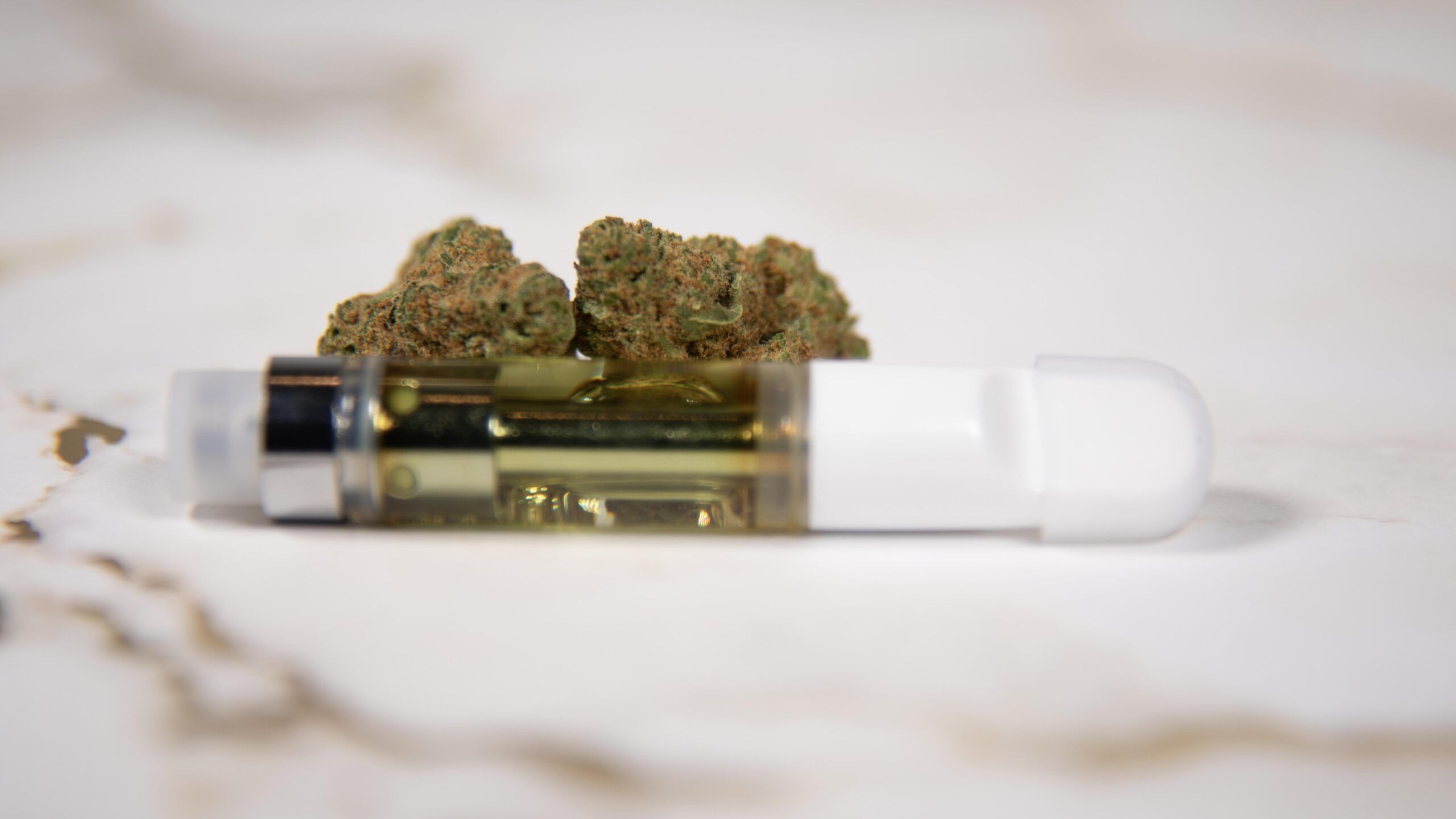In today’s rapidly evolving cannabis market, brands are seeking new ways to remain competitive, expand product lines, and meet consumer demand without overextending resources. One increasingly popular strategy is white label partnerships. By collaborating with specialized manufacturers, cannabis brands can deliver high-quality products under their own label without the burden of building costly infrastructure. This model has gained momentum as the industry grows more competitive and consumer expectations rise.
Streamlining Market Entry
White label partnerships allow brands to enter the market quickly. Instead of waiting years to build cultivation, processing, or manufacturing facilities, brands can leverage existing infrastructure. According to Brightfield Group, cannabis beverages, vapes, and edibles are among the fastest-growing categories in North America, where speed-to-market is a critical advantage. By outsourcing production, emerging and established brands alike can launch new products within months rather than years.
Reducing Costs and Risk
The capital costs of cultivation and manufacturing remain a major barrier for cannabis companies. Building a state-of-the-art facility requires millions in investment, along with ongoing regulatory compliance and operational expenses. White labeling eliminates these upfront costs. Instead, brands pay a contracted fee to a licensed producer that already meets compliance standards.
A report by Grand View Research highlights that the global legal cannabis market is expected to reach over $102 billion by 2030, driven largely by product innovation. White label arrangements help brands tap into this growth without carrying the full financial and regulatory risk themselves.
Focus on Branding and Consumer Experience
For many companies, the true value lies in branding rather than production. Successful consumer-facing companies in other industries—such as cosmetics and beverages—often outsource production to focus on marketing and consumer relationships. The cannabis industry is no different.
With white labeling, cannabis companies can allocate resources toward building strong brand identities, creating engaging customer experiences, and developing loyalty programs. This emphasis is especially critical as consumers increasingly prioritize packaging, brand trust, and transparency when making purchasing decisions.
Expanding Product Portfolios
White labeling gives brands the flexibility to test new categories with minimal investment. For example, a flower-focused company may use a white label partnership to release a line of vape cartridges or infused gummies. This diversification helps brands meet evolving consumer preferences.
Industry data shows that cannabis beverages and edibles are projected to grow significantly in the coming years, particularly among new consumers who prefer smoke-free options. Partnering with a white label manufacturer enables brands to meet demand in these categories without needing to master entirely new production processes.
Compliance and Expertise
Cannabis regulations are notoriously complex and vary by state and country. White label manufacturers often employ compliance teams and testing labs to ensure products meet strict safety standards. This is a major advantage for brands that lack in-house expertise.
Additionally, many white label manufacturers specialize in advanced extraction, formulation, or infusion technologies. By working with these partners, brands gain access to innovation they may not have the resources to develop independently. This ensures products are not only compliant but also competitive in quality and potency.
Scaling Nationally
As legalization expands across the United States and internationally, white label partnerships offer a path to scalable growth. Multi-state operators often face challenges replicating facilities in every jurisdiction. Through white labeling, brands can partner with local licensed producers in each market, ensuring consistent product availability without massive capital investment.
This model mirrors the strategy of global consumer goods companies, where brand consistency is maintained through standardized partnerships with local producers. For cannabis, it represents an efficient way to scale in a fragmented regulatory landscape.
The Consumer Impact
From the consumer’s perspective, white labeling translates to more choice, better consistency, and often lower prices. With more brands leveraging professional manufacturing facilities, the market benefits from higher product standards and innovation. Consumers also see familiar brands introducing new product categories, strengthening brand trust and loyalty.
At the same time, transparency remains key. Industry observers note that while white label partnerships provide many benefits, brands must clearly communicate product quality and origins to maintain consumer confidence.
Looking Ahead
The rise of white label partnerships in cannabis reflects a broader trend toward specialization in the global economy. Just as beverage companies rarely own their own bottling plants, cannabis brands are recognizing the value of outsourcing production to focus on what they do best: building brand loyalty and delivering compelling consumer experiences.
With the cannabis market projected to continue its rapid expansion, white labeling will likely play an increasingly central role in helping both established players and new entrants compete effectively. For brands navigating a complex regulatory environment while seeking growth opportunities, these partnerships provide a strategic advantage that balances speed, cost, and quality.
Learn More: Same Factory, Different Labels: How White Label and Private Label Actually Differ

